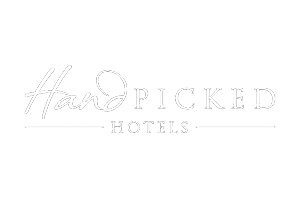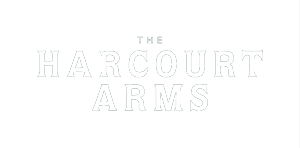
OTAs: The good, the bad and the ugly truth about working with online travel agents
Ah, the enigmatic OTA. For hoteliers, these online travel agents – think Booking.com, Expedia, and their ilk – are a bit like that Marmite you keep in the cupboard. You either love them for the exposure they bring, or loathe them for the hefty commissions they devour.
But before you decide which camp you belong to, let’s take a balanced look at the good, the bad, and the ugly of working with OTAs.
THE GOOD:
A shop window to the world
Let’s face it, in today’s digital age, travellers rarely stumble upon your charming boutique hotel through sheer happenstance. OTAs act as a giant, international shop window, displaying your property to millions of potential guests who might never have found you otherwise. This translates to increased visibility and, hopefully, a surge in bookings.
Imagine it like this: you’ve spent ages perfecting your hotel’s online presence, crafting beautiful photos and persuasive descriptions. But if nobody’s looking, what’s the point? OTAs are like a flashing neon sign screaming “Vacancy!” to the world, attracting a wider audience who might have otherwise overlooked your hidden gem.
The convenience factor
For travellers, OTAs offer a one-stop shop for planning their entire trip. Flights, accommodation, even activities – it can all be booked with a few clicks. This convenience factor translates into a benefit for you too. When a guest chooses your hotel on an OTA platform, they’re likely to be further along the decision-making process, primed to book.
Think about it – if someone’s searching for hotels in your area on Booking.com and yours pops up as a great fit, they’re much closer to hitting “confirm” than someone who just stumbled upon your website while browsing recipes or doomscrolling on Facebook (because, let’s be honest, we’ve all been there).
THE BAD:
The erosion of direct bookings
Now, let’s talk about the elephant in the room – commissions. All those tasty bookings you get through OTAs come with a bill to pay, and it’s often a significant one. Commission rates can vary depending on the platform and your negotiation skills, but they can easily eat into your profit margin.
This high cost can discourage some hoteliers, and with good reason. After all, wouldn’t you rather a guest book directly, saving you that commission cut? The downside, however, is that achieving a high volume of direct bookings requires a strong online presence and a well-oiled digital marketing strategy – which takes time, effort and resources to implement.
Limited control of your brand
Here’s another potential drawback of OTAs – a certain loss of control over your brand image. While you provide the core content, OTA platforms often have their own way of presenting your hotel. This can range from minor formatting quirks to the way they prioritise certain room types or amenities.
While most platforms allow you some control over your listing, it’s important to be aware that you’re not always singing from the same hymn sheet. This can be frustrating, especially if you’ve meticulously crafted a specific brand message that gets diluted on an OTA platform.
THE UGLY:
Price wars and the race to the bottom
Let’s not sugar-coat it – the world of OTAs can be a race to the bottom when it comes to pricing. With numerous hotels competing for visibility on a single platform, it’s tempting to slash your rates to stand out.
This price slashing can quickly become a slippery slope, leading to lower profit margins and potentially even devaluing your brand. Remember, the hospitality industry is about creating a memorable experience, not just about being the cheapest option.
So, how do you navigate the OTA maze?
Here’s the truth: Completely ignoring OTAs isn’t a viable option in today’s travel landscape. The key is to develop a strategic partnership with these platforms. Here are a few tips:
- Optimise your listings: Make sure your hotel descriptions, photos, and amenities are clear, enticing, and up-to-date. High-quality visuals are essential!
- Run targeted promotions: Use targeted OTA promotions to attract specific guest segments or fill vacancies during slower periods.
- Focus on your direct booking strategy: Develop a strong website and social media presence to encourage guests to book directly. Offer incentives like exclusive deals or loyalty programs for those who book without going through an OTA.
Finding a palatable balance
Working with OTAs is all about achieving a healthy balance. By leveraging their reach while implementing smart strategies to cultivate direct bookings, you can ensure your hotel benefits from the best of both worlds. Remember, OTAs are a powerful tool, but they should never be the only tool in your revenue management toolbox.
With a strategic approach, you can turn those online bookings into loyal guests who return to your hotel time and again, Marmite preferences aside.
If you’d like help with implementing your OTA revenue management strategy, get in touch with us here at Octopus Revenue.
